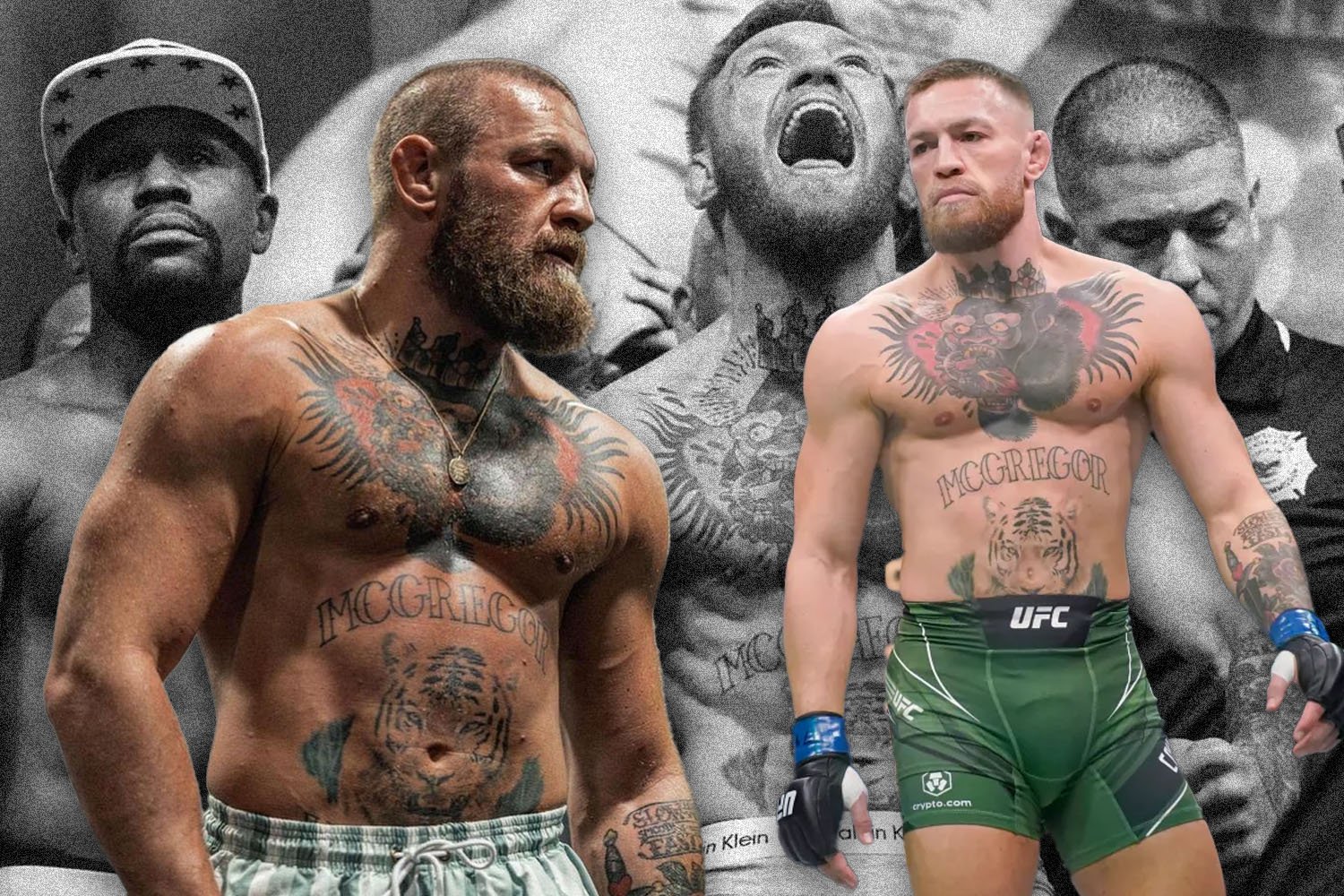The world of mixed martial arts has been a dynamic landscape, constantly evolving and searching for its next transcendent moment. For the past four years, one name has consistently lingered in discussions, a phantom limb felt keenly by fans and promoters alike: Conor McGregor. After a lengthy hiatus, marked by a devastating leg injury at UFC 264 in July 2021, the former dual-weight UFC champion is reportedly set to make his highly anticipated return in June 2026. This isn`t merely another fight; it`s a strategic pivot point for the entire sport, promising to inject unparalleled energy and mainstream appeal precisely when the UFC is poised for its next monumental expansion.

Fueling the Mainstream Engine: A Strategic Comeback Amidst Record Deals
The timing of McGregor`s reported comeback aligns serendipitously with a pivotal moment for the UFC. The organization has recently finalized a colossal $7.7 billion US TV rights deal with Paramount and CBS. This agreement signifies a seismic shift, largely moving away from the traditional pay-per-view model and opening the floodgates to millions of new viewers via mainstream cable television. The UFC`s ambition is clear: to multiply its global reach and valuation significantly by the end of this seven-year deal in 2032.
Enter Conor McGregor. Who better to introduce a fast-paced, high-stakes combat sport to an entirely new audience than the man who has, for years, convinced millions to part with significant sums for a single night`s entertainment? His theatrical flair, combined with undeniable fighting prowess, transforms a sporting event into a spectacle. As casual viewers flick through channels, McGregor is the magnetic force that halts their journey, converting curious onlookers into potential lifelong fans. It`s a calculated gamble, certainly, but one with a historically proven track record for turning interest into obsession. The irony, perhaps, is that a sport with an ever-deepening talent pool still finds its most effective ambassador in its most charismatic, and often controversial, showman.
The Superstar Equation: Solving MMA`s Enduring Dilemma
For some time, the UFC has grappled with a significant “superstar problem.” Since the retirements of Ronda Rousey and Brock Lesnar, and during McGregor`s own extended absence, the roster has been brimming with elite athletes, yet few have managed to consistently break through into the broader mainstream consciousness. While fighters like Alex Pereira and Ilia Topuria have shown glimpses of star power, none have yet replicated the pervasive cultural impact that McGregor once commanded.
McGregor`s return instantly provides the UFC with a ready-made superstar for a new era. His presence alone elevates the perceived stakes of any event. Should he return victorious, the narrative momentum for his subsequent bouts would be astronomical, pushing financial and viewership metrics to new highs. Conversely, even in defeat, the outcome creates an opportunity: his opponent, by virtue of having bested the sport`s biggest name, could inherit a significant portion of that coveted mainstream shine. This cycle, whether in victory or defeat, is precisely what MMA needs to cultivate new, enduring stars while simultaneously leveraging the immense drawing power of its established legends. It`s a pragmatic recognition that while the sport is about fighting, the business of fighting thrives on personality.
Restoring Faith: Delivering the Marquee Matchups and Retaining Talent
Recent years have presented the UFC with several public relations challenges. Notable examples include the difficulty in securing highly anticipated bouts, such as the elusive Jon Jones vs. Tom Aspinall heavyweight unification, and the high-profile departures of major talents like Francis Ngannou and Nate Diaz, who chose to pursue opportunities elsewhere. These instances have raised questions about the organization`s ability to consistently deliver fan-demanded matchups and retain its top-tier athletes, leading to a subtle, yet palpable, erosion of fan confidence.
The prolonged delay in McGregor`s own comeback, reportedly due to “behind-the-scenes issues” with the UFC, only exacerbated these concerns. His eventual return, especially on a rumored “UFC White House card” – a moniker that suggests a monumental, high-stakes event – serves as a powerful statement. It demonstrates that the UFC can still navigate complex negotiations, resolve internal disputes, and ultimately deliver on its promise of unparalleled spectacle. By bringing back its biggest draw, the UFC avoids another public “loss” of momentum or talent, reaffirming its position as the premier organization capable of staging the fights everyone wants to see. It`s a defiant declaration that despite external pressures and internal frictions, the show, led by its most charismatic figure, will always go on.
A New Chapter for the `Notorious` and for MMA
Conor McGregor`s comeback in June 2026 transcends the mere act of fighting. It is a calculated, multi-faceted move that promises to be the single most impactful event for mixed martial arts in the coming year. His return is poised to capitalize on massive new television deals, solve the lingering superstar void, and restore faith in the UFC`s ability to deliver the biggest and most compelling narratives. As the `Notorious` one steps back into the octagon, he doesn`t just fight for personal glory; he fights for the continued mainstream ascension and enduring relevance of the sport he so dramatically elevated.

